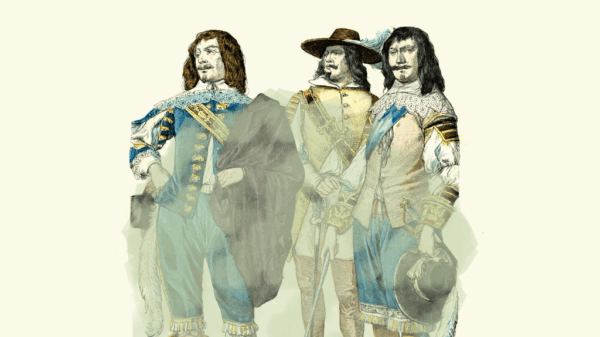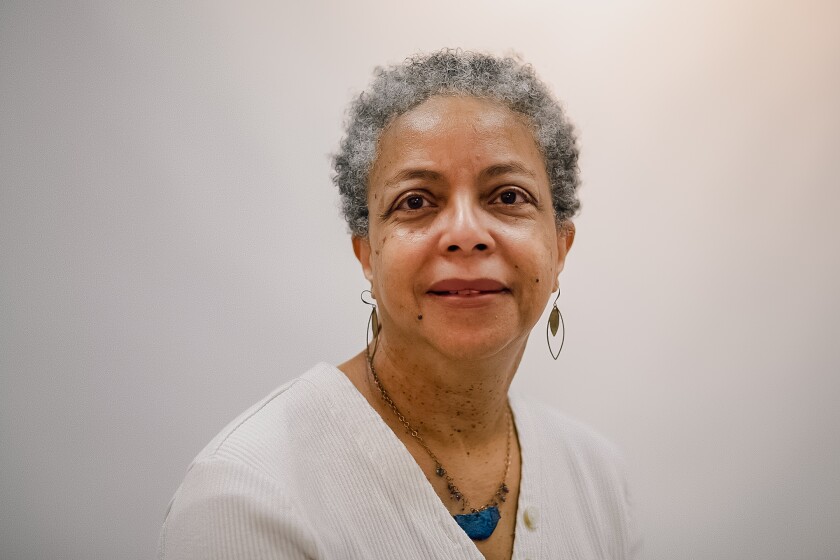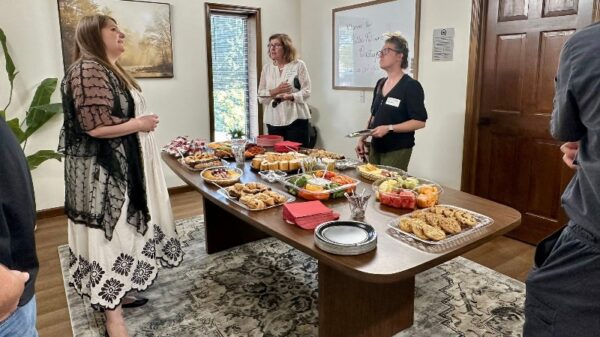Chimamanda Adichie’s TED Talk titled “The Danger of a Single Story” has sparked renewed interest in the complexities of historical narratives. The presentation, which highlights the dangers of oversimplification and stereotyping, challenges audiences to seek a broader understanding of diverse cultures and contributions. This message resonates deeply, particularly in the context of the ongoing discussions about representation and inclusion in educational settings.
Adichie addresses the harmful stereotypes that can arise from a narrow view of different cultures. For instance, she points out that the assumption that all Arabs are terrorists or that Nigerians only wear traditional animal skins stems from ignorance, not stupidity. This notion prompted a researcher at MState to create a presentation that expands upon Adichie’s ideas, focusing on the significant yet often overlooked contributions of Indigenous peoples, Arab populations, and African/African American communities.
Research revealed that what is commonly referred to as the Dark Ages was, in fact, a period of remarkable advancement for Arab cultures. During this time, contributions to mathematics, science, and the arts flourished. For example, the introduction of Arabic numerals revolutionized mathematics, making calculations simpler and more effective. Additionally, the development of algebra can be traced back to Arab scholars, further emphasizing their impact on modern education.
Visits to institutions such as the Smithsonian Museum also provided deeper insights into African American history. One significant discovery was the Tulsa Massacre of 1921, during which the prosperous Black community known as Black Wall Street was destroyed, resulting in the deaths of up to 300 individuals. This event highlights the systemic injustices faced by African Americans, where attempts at rescue and reparations were obstructed by the authorities of the time.
Yet, the narrative of Black history is not solely defined by tragedy. It is crucial to recognize the triumphs alongside the struggles. Figures such as Ralph Bunche, the first African American to win a Nobel Peace Prize, and Sister Rosetta Tharpe, a pioneering guitarist whose influence reached musicians like Johnny Cash, exemplify the rich tapestry of contributions made by Black individuals throughout history. Moreover, the legacy of Dr. Charles Drew, who founded modern blood banking, showcases the advancements made by African Americans in various fields.
In a reflection on personal experiences, a visit to the Lincoln Memorial served as a poignant reminder of the sacrifices made for freedom. The emotional weight of these experiences underscores the importance of acknowledging both the painful and celebratory aspects of history.
The necessity of presenting a complete narrative is evident in educational contexts. For instance, a church community that once overlooked the observance of Good Friday recognized the importance of mourning before celebrating Easter. This understanding is vital in fostering a comprehensive view of history—one that does not shy away from acknowledging the Holocaust and the involvement of figures like American industrialist Henry Ford.
In the pursuit of truth, it is essential to embrace the concept of telling “the whole truth, and nothing but the truth.” This commitment to honesty was evident in the reception of the MState presentation, which was delivered to a predominantly white audience. Rather than inducing guilt, the presentation aimed to inform and inspire.
As a traditional Black spiritual conveys, “Go tell it on the mountain.” The call to share the full spectrum of history remains vital to prevent the erasure of significant narratives. Embracing this responsibility allows society to learn from the past and strive for a more inclusive future.







































































